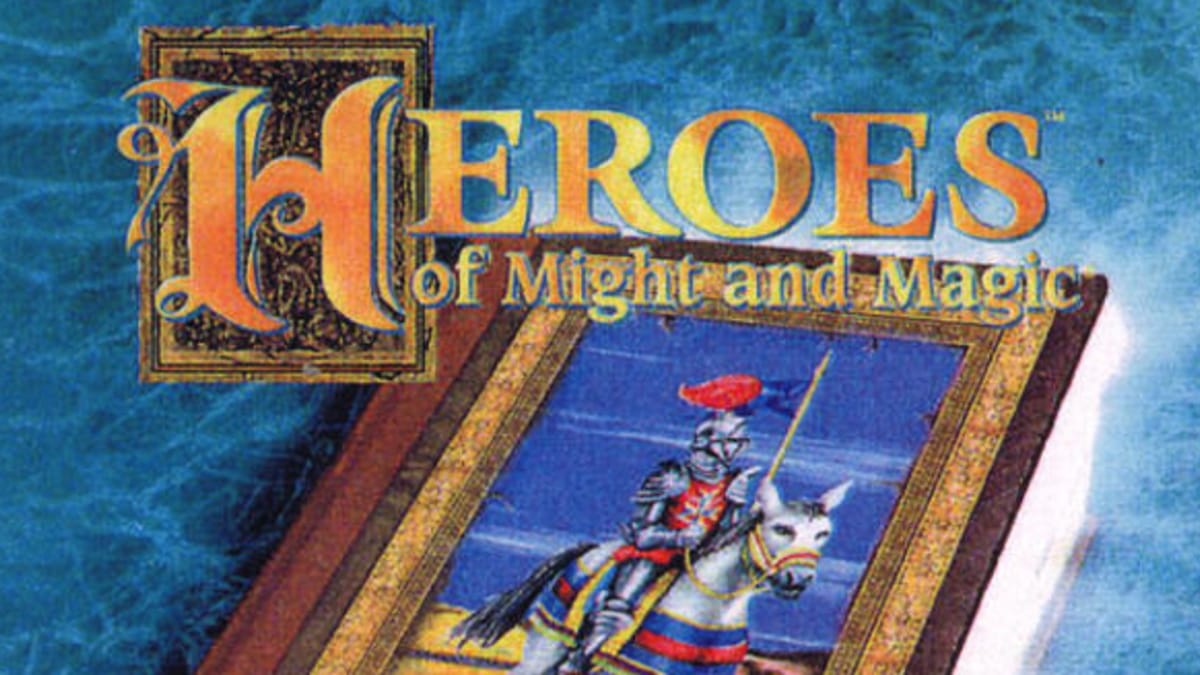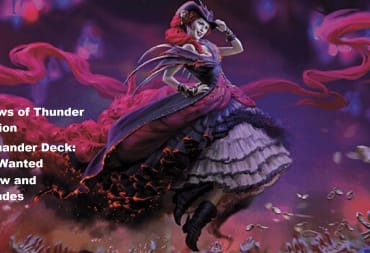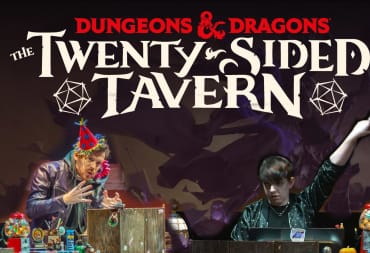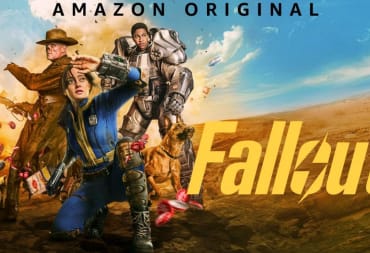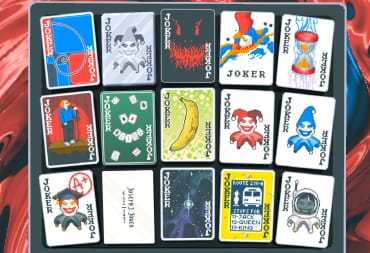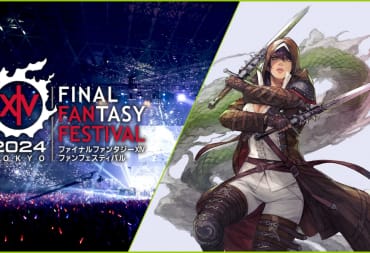In the wake of discussing tactical role-playing games, I would be remiss if we didn’t mention one more cousin to the genre: the Heroes of Might and Magic series. A spin-off to the popular dungeon crawlers of the same name, Heroes of Might and Magic would become a successful turn-based strategy game franchise, pitting massive armies of fantastical creatures against each other in combat to rule the world. Today happens to mark the 20th anniversary of the series' debut on DOS, so why not talk about it for a moment and discuss why this series is still popular to this day?
The Heroes of Might and Magic series has its name and lore taken from the Might and Magic universe. The original Might and Magic games were a dungeon-crawler franchise for the PC by developer New World Computing in 1986. The game was so popular that New World Computing would grow into one of the top developers and publishers for the PC, rivaling the likes of SSI, Origin Systems, and Electronic Arts in the mid-1980s. The Might and Magic series would spawn five sequels under New World Computing before the company became a subsidiary of 3DO in 1996.
After the purchase, New World Computing would continue to produce titles for the Might and Magic series, as well as their spin-off Heroes series. Arguably the best game of the entire series, Might and Magic VI: The Mandate of Heaven, was released under the watch of 3DO, and not only garnered positive reviews. Part of the reason for the success of Might and Magic VI was due to the adoption of a more structured gameplay approach, which included a revamped, skill-based system, a four-party combat experience, and in an era where most games contained massive amounts of glitches and bugs, a smooth, bug-free experience that even has Historian Matt Barton exclaim, “At a time when almost every other major CRPG was so riddled with errors that manuals advised players to routinely save the game every thirty minutes, such stability is nothing short of remarkable.”
The Heroes of Might and Magic series would be a major spinoff title that would combine role-playing and grand strategy elements, where players would be tasked to build an army and conquer their opponents. It is interesting to note that the Heroes series was not originally tied to the Might and Magic games; the credit for the series, namely the game design, actually goes to a lesser-known product released in 1990, titled King's Bounty.
King's Bounty was the first turn-based strategy game released by New World Computing in 1990 and was developed by Jon Van Caneghem, who also created the Might and Magic series. Caneghem would later state in the manual of Heroes of Might and Magic III that King's Bounty was the precursor to the entire series, setting up the general gameplay found in the Heroes series. The relationship between King's Bounty is so directly tied to the Heroes series that the game is often included as bonus material for the subsequent anthology re-releases of the Heroes games. King's Bounty would also be given an enhanced remake as Heroes of Might and Magic: The Quest for the Dragonbone Staff by 3DO and would be released on the Playstation 2 in 2001.
The basic premise of Heroes of Might and Magic is simple; you play a named general (or hero) who builds up an army using both medieval troops and mythological creatures that have different attributes and abilities to overtake your foes. Your heroes would become the commanders of your armies and subsequently lead your troops into battle against other armies in a turn-based fashion. The series featured a unique take on the RTS genre by adding several role-playing elements into the mix.
It is interesting to note that at the time of the release of Heroes of Might and Magic in 1995, another game was being released on consoles in Japan with a similar concept; that game was Ogre Battle: March of the Black Queen. The Ogre Battle series, however, focused more on the tactical presentation of the role-playing versus RTS elements found in PC games, which the Heroes series borrowed heavily from.
In the Heroes series, you recruit different troop types and explore an open world map to uncover gold, experience, or resources to use in your campaign, which is broken up into smaller scenarios. Since each troop type and your buildings use resources, management and acquisition are paramount to your success in the game, much like an RTS title. Your movement cycle is also important to your resources; each turn represents a day in-game time, and each day in-game means a small depletion of funds and resources to keep your towns and troops happy. Gold being the primary resource is generated by your towns, so protecting and maintaining a healthy population to generate funds is imperative to success in the game. Later, other resources will be needed to not only build specific buildings but to also generate bonuses for your troops and your heroes.
Reinforcements are also generated in a way similar to an RTS. Over different turns, different buildings can produce a number of troops at your disposal. The type of army you could command is also distinct—ranging from a fantasy-based throng of goblins, ogres, and orcs, to a more medieval army of peasants, knights, and archers. These four army types were divided into two “alignments” that represented both “might” and “magic;” that is, what determines your troop types at the game beginning was completely dependent on the lord or lady you selected before starting a new scenario. There were even wandering troops in the game that could be recruited, including “neutral” soldiers, such as nomads, genies, and thieves for more troop diversity.
Your statistics for your heroes and troops are also basic; you have attack and defense power, and the knowledge power, which translates to the ability to cast magical spells, so a knowledge rank of one allows you to cast one spell a day for example. Spells can be buffs or debuffs, attack spells, or even world map spells that allow for faster movement or walking on difficult terrain. The simplicity of these mechanics means there is a progression for characters and their troops that is easy to track, giving players a simplistic approach when number-crunching against enemy troops. This is an approach later utilized by Blizzard in Warcraft III, which featured hero characters that leveled up during the course of the game's campaign. Unfortunately, many of these upgrades were based on randomness, so planning ahead with hero characters was quite difficult, especially in the latter stages of the game when you needed higher statistics to really get through some scenarios.
Much of the game follows a standard pattern then of resource and troop management. Since space is limited in the development of the Heroes titles, troops were represented by a single sprite with a number attached to the bottom, representing the size of your army. It is possible to strategically split up massive amounts of troops to allow for more mobility of soldiers on the battlefield—a nice touch that gave more strategic depth to the series. Your opponents were also difficult, with multiple armies and towns they controlled that would hinder your progress.
The Heroes games also had basic plots and progression that made participation in the game easy. Some reviews noted this, along with the rather dated graphics, that the first Heroes game was thin on plot and looked subpar compared to contemporary titles. It was the gameplay of Heroes of Might and Magic that was most appealing, prompting early review scores to be mixed-to-positive in terms of reception.
Since 1996, the Heroes of Might and Magic series has continued, at first under the 3DO banner, and now under Ubisoft, who currently owns the rights to the Might and Magic series after 3DO closed its studios in 2003. Ubisoft has produced several Heroes of Might and Magic titles, the last being Heroes of Might and Magic VI in 2011 to a positive reception. This game was developed by Limbic Entertainment of Germany, and the more modern takes of the Heroes series include elements of the original title, with updated mechanics. One example is the elimination of random skill progression by giving heroes a “talent tree” to fully customize. And for the first time, hero-less bands of troops can be sent out into the world to fight.
A seventh installment, also being developed by Limbic, is slated for a release on September 25th, 2015, and the love for the series has not waned. In fact, Might and Magic, with the release of Might and Magic X in 2014, is on a whole the longest-running computer-based RPG series of all time; surpassing both Ultima and Wizardry in terms of longevity as both series have not had new installments since 2001. The Heroes series, despite being a spinoff series, has also kept the world of Might and Magic alive after a twelve-year gap between Might and Magic IX and X. Even King's Bounty has received new installments, starting with King's Bounty: The Legends in 2008.
Heroes of Might and Magic may have received a lukewarm reception back at its debut, but it has become one of the perennial turn-based strategy games in the past decade. Thanks to its lineage and close ties to the role-playing market, the Heroes series is an example of blending role-playing mechanics and resource management into one game, and in subsequent years we see that combination spawn innovations in several other genres. The aforementioned Warcraft III is one example, but other computer game series such as the Spellforce series, Lord of the Rings: The Battle for Middle Earth, and the Age of Wonders series. All of these games take elements of the Heroes series and perfect them in their own way, adding innovation to the RTS and RPG genre, further showing more proof of the constant blending of elements we see in modern gaming today.
Today, the entire Heroes of Might and Magic series is fully available DRM-free on sites like GOG.com or can be found on Steam for typically low prices. For fans of RTS titles who are looking for something different, or RPG fans who enjoy a more strategic-based approach to their games, the Heroes series is certainly not one to pass up.
This post was originally published in 2015 as a part of our Playing Roles series. It's been republished to have better formatting.
Have a tip, or want to point out something we missed? Leave a Comment or e-mail us at tips@techraptor.net
